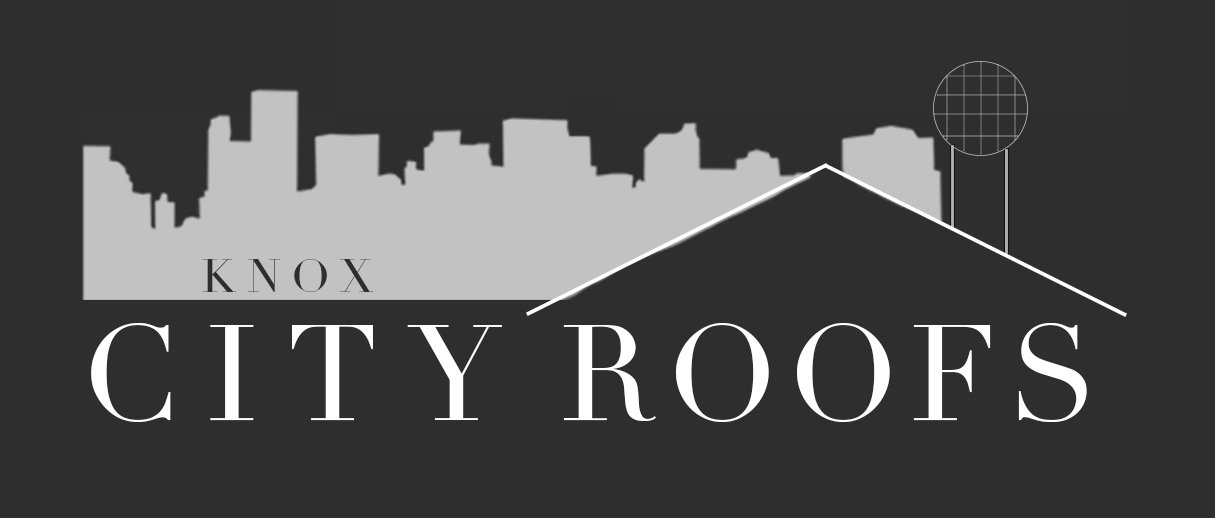The Importance of Regular Roof Inspections
Your roof is your home’s first line of defense against the elements, making it one of the most vital parts of your house. Yet, it’s often the most overlooked when it comes to routine maintenance. Regular roof inspections are essential for ensuring your roof stays in top condition, helping to prevent costly repairs and prolong its lifespan. In this guide, we’ll discuss the importance of roof inspections and what you can expect during the process.
Benefits of Regular Inspections
There are several key benefits to scheduling regular roof inspections:
Early Detection of Problems: Regular inspections can catch minor issues, like small leaks or damaged shingles, before they turn into major repairs. Addressing problems early helps save time, money, and stress in the long run.
Prolonging Roof Lifespan: Routine maintenance and timely repairs can significantly extend the life of your roof, ensuring you get the most value out of your investment.
Protecting Your Home’s Structure: Leaks and other roof damage can affect your home’s interior and structural integrity. Inspections help prevent water damage, mold growth, and rot.
Maintaining Energy Efficiency: A well-maintained roof helps keep your home properly insulated, reducing energy costs by ensuring your HVAC system doesn’t have to work harder than necessary.
Preserving Home Value: A roof in good condition improves your home’s curb appeal and market value. Regular inspections ensure your roof stays in optimal condition, which is especially important if you’re considering selling your home.
What to Expect During an Inspection
A thorough roof inspection typically includes both an interior and exterior assessment. Here’s what you can expect during a professional inspection:
Exterior Inspection: The inspector will examine the roof surface for damaged or missing shingles, cracks, or signs of wear. They’ll also check for issues with flashing, vents, chimneys, and skylights, as well as any signs of sagging or uneven areas.
Interior Inspection: Inside your home, the inspector will look for water stains, mold, or damp areas on ceilings and walls. These can be signs of leaks or water damage that might not be visible from the outside.
Gutters and Drainage: The inspector will assess the condition of your gutters and downspouts to ensure water is draining properly and not backing up onto the roof, which can lead to leaks.
Insulation and Ventilation: Proper ventilation and insulation are crucial for preventing issues like ice dams and excessive moisture. The inspector will check for adequate airflow in your attic.
Common Issues Identified
During a roof inspection, several common issues might be uncovered, including:
Damaged Shingles: Cracked, curled, or missing shingles are a frequent problem, particularly after storms or high winds.
Leaking Flashing: Flashing around chimneys, vents, and skylights can wear down over time, leading to leaks.
Roofing Granules in Gutters: Finding granules in the gutters can signal that your shingles are nearing the end of their lifespan and losing their protective coating.
Moss or Algae Growth: Moss or algae growth can trap moisture, leading to roof decay. An inspection will identify any growth that needs to be removed.
Clogged or Damaged Gutters: Blocked gutters prevent proper drainage, which can cause water to pool on your roof and lead to leaks.
How Often to Schedule Inspections
Having your roof inspected at least once a year is generally recommended. However, certain circumstances may require more frequent inspections, such as:
After Severe Weather: Following storms with heavy rain, hail, or high winds, it’s wise to schedule an inspection to assess any damage.
Before or After Winter: Harsh winter weather can take a toll on your roof, so scheduling inspections before and after the season helps identify and prevent issues like ice dams.
If Your Roof Is Aging: As your roof nears the end of its lifespan, more frequent inspections can help monitor its condition and prepare for a potential replacement.
DIY vs. Professional Inspections
While it may be tempting to inspect your roof yourself, professional roof inspections offer several advantages:
Safety: Roof inspections can be dangerous without the right equipment and experience. Professionals are trained to work safely at heights.
Thoroughness: A professional roofer knows what to look for and can spot issues that the untrained eye might miss.
Expert Recommendations: A professional can provide a detailed report and recommend necessary repairs, maintenance, or roof replacement options.
Warranties: Some roofing warranties require regular professional inspections to remain valid. Skipping these could result in voided coverage.
Conclusion
Regular roof inspections are a vital part of maintaining the longevity and health of your roof. By catching potential problems early, you can avoid costly repairs, improve energy efficiency, and extend your roof’s lifespan. At Knox City Roofs, our professional inspection services are designed to give you peace of mind and keep your roof in top condition. Schedule your inspection today and ensure your home remains safe and protected for years to come.
